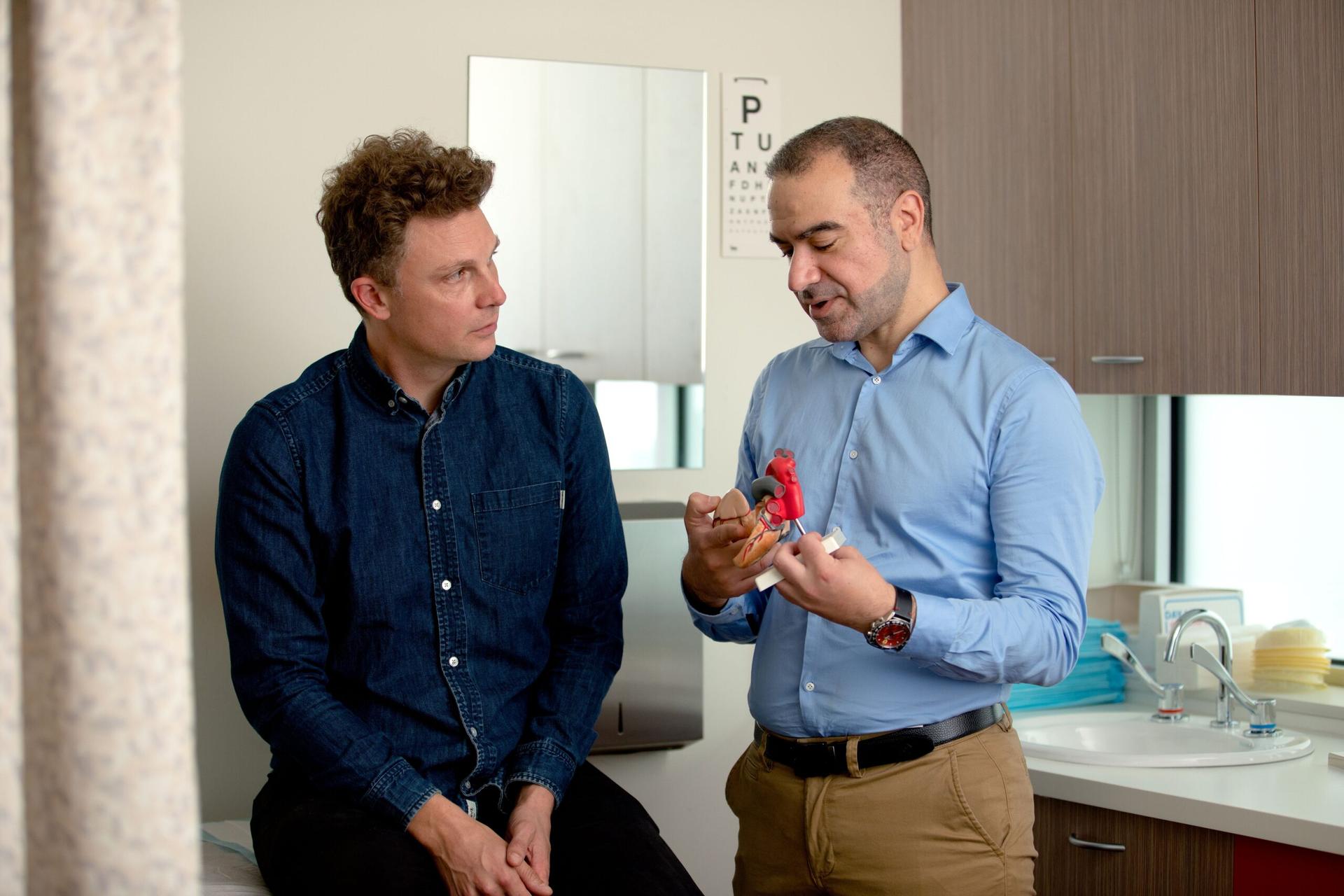Question
Why should you get a sexual health screen, and how often?
Answer
Having a happy and healthy sex life is important to many of us, and most people want to become parents someday, so it’s essential to look after our sexual and reproductive health.
Sexually transmitted infections (STIs) can affect our sex lives and fertility. Avoiding STIs by practicing safe sex is essential but it’s also important to be tested for STIs if you’re sexually active, even if you have no symptoms.
Testing for STIs can be used for screening (in people with no symptoms) or for diagnosis (finding out which STI someone has if they have symptoms). The tests that are used are the same in both cases.
If you think you might have been exposed to an STI, you should see your doctor to request STI screening tests. Of course, if you have any symptoms, notice anything unusual, or if things aren’t working how you think they should, you should see a doctor.
Even if it’s just for peace of mind, regular screening for STIs is a good idea.










